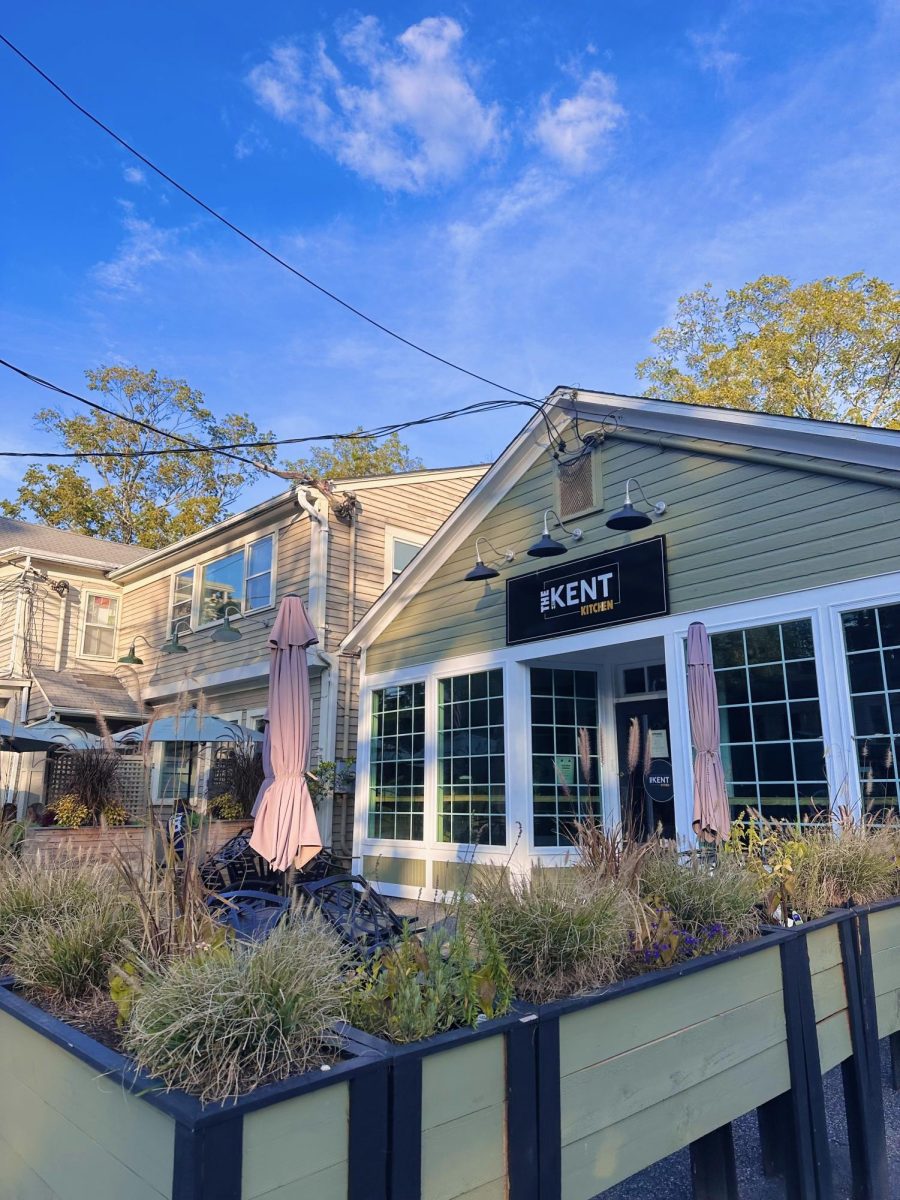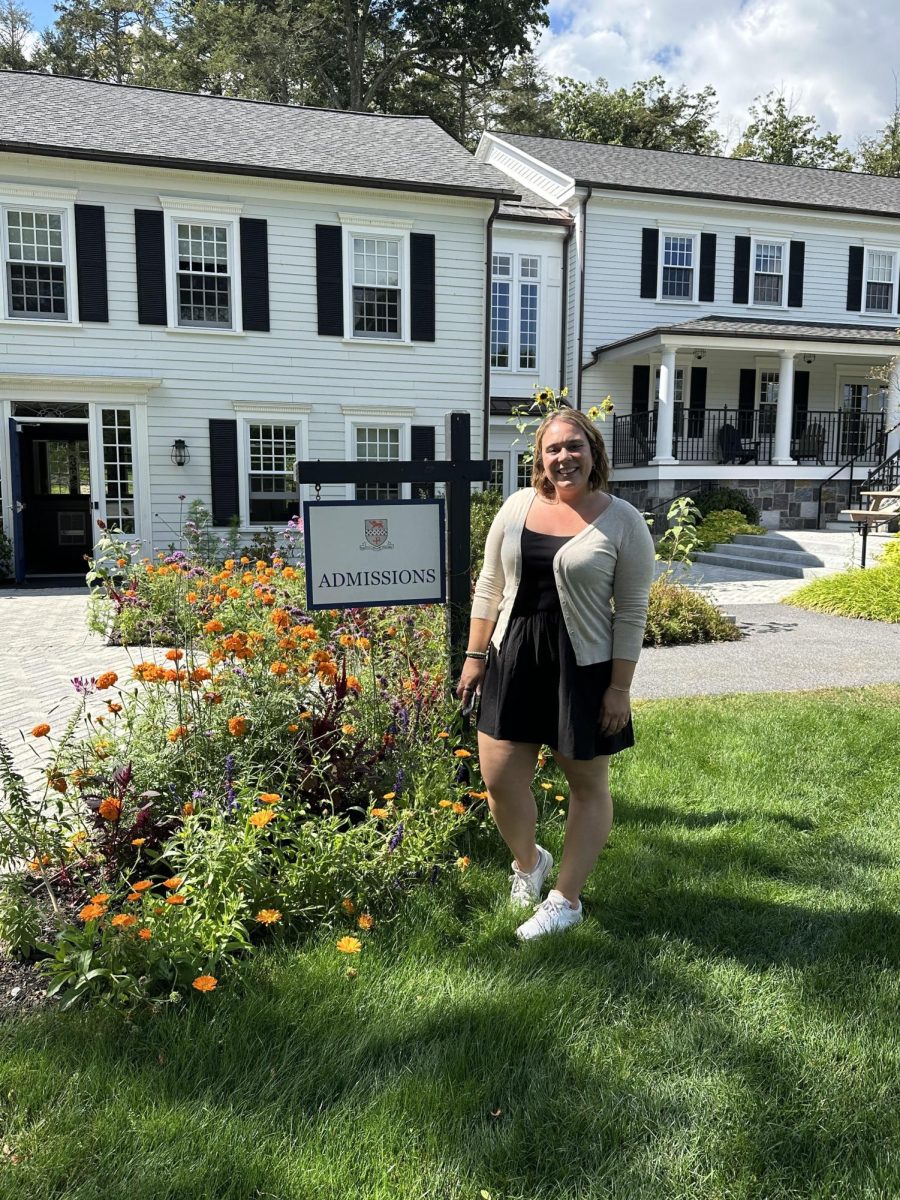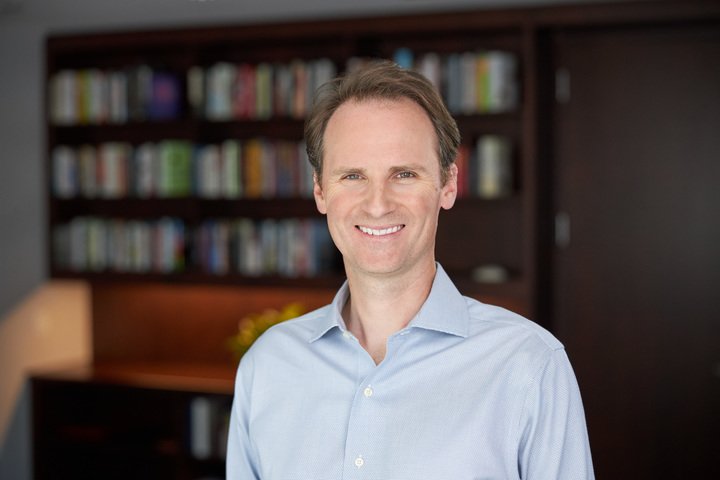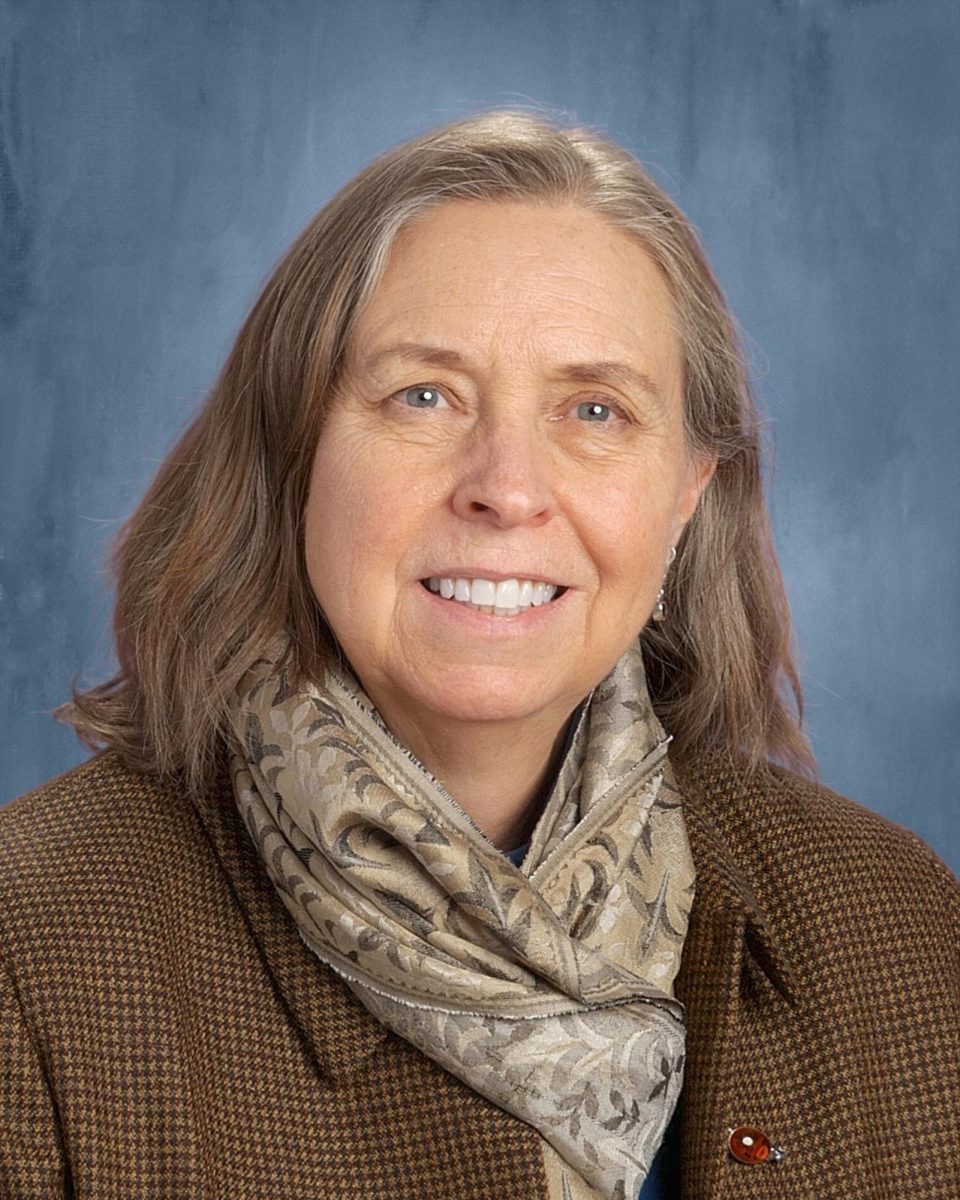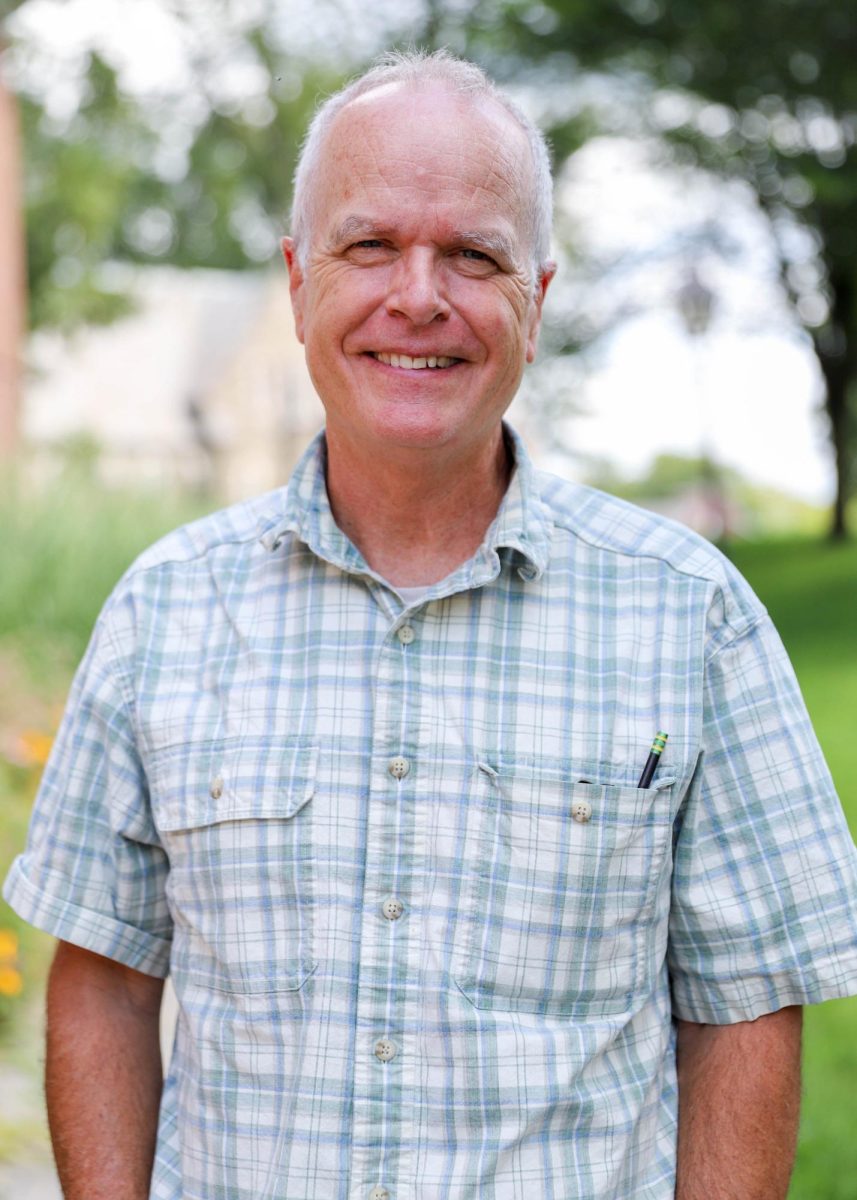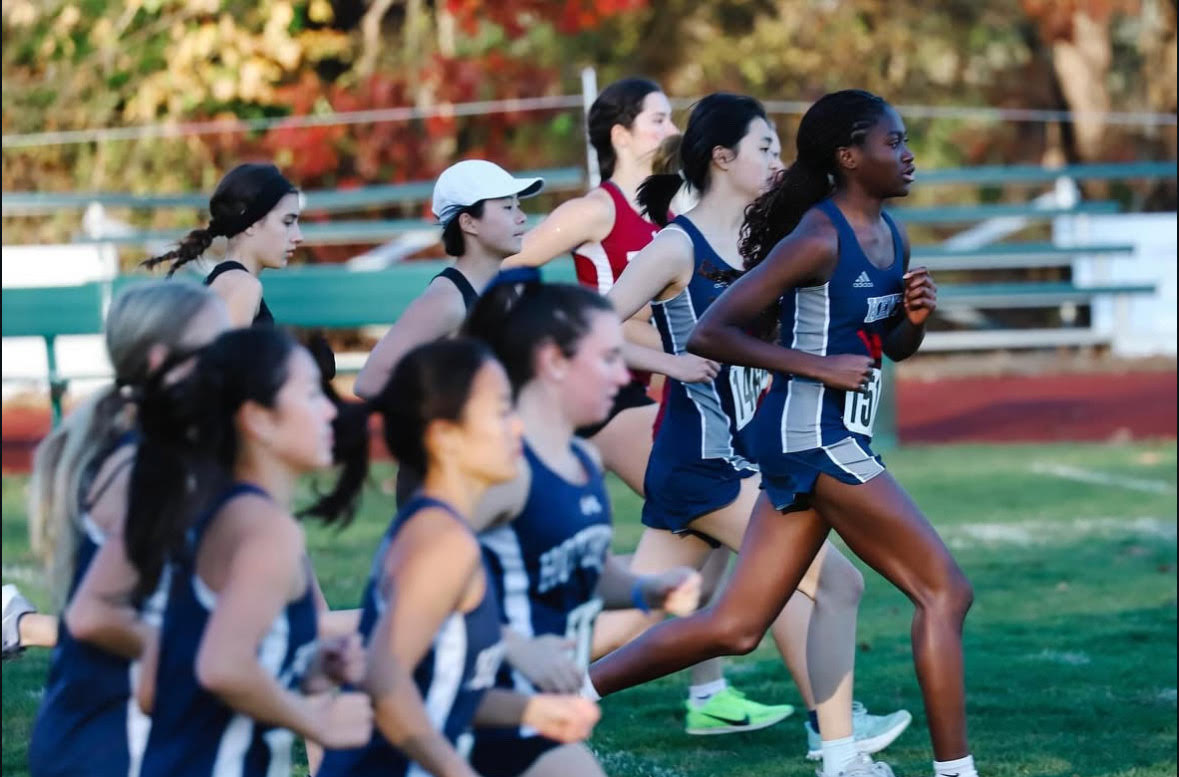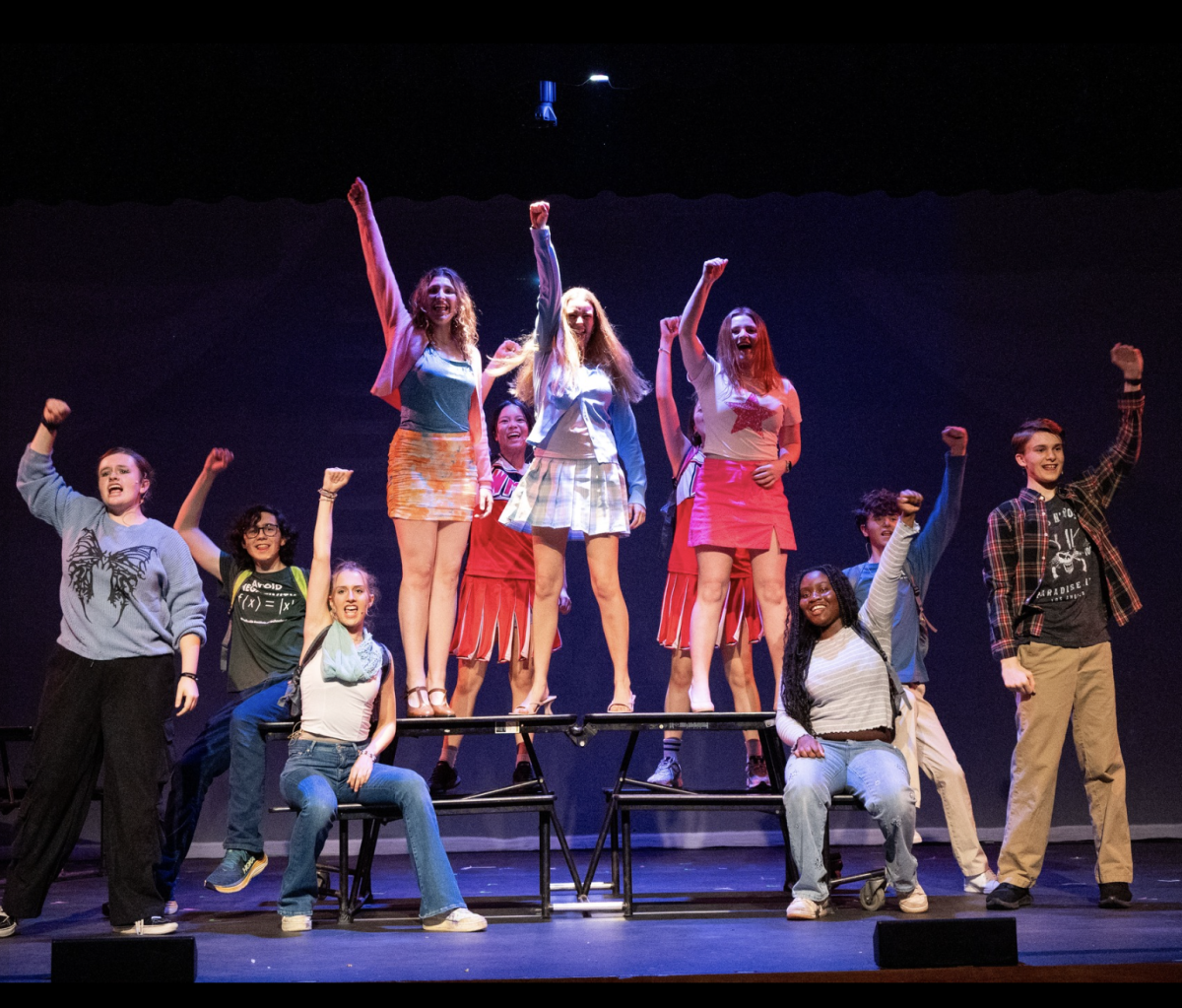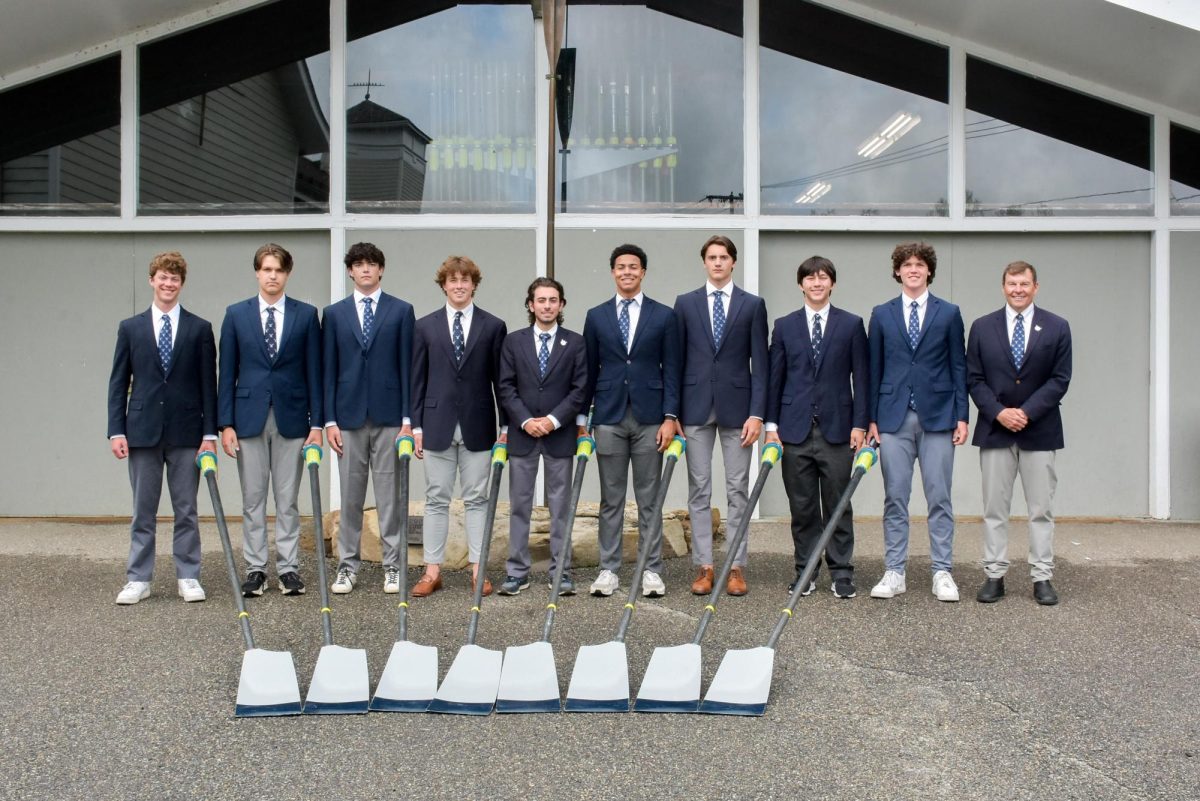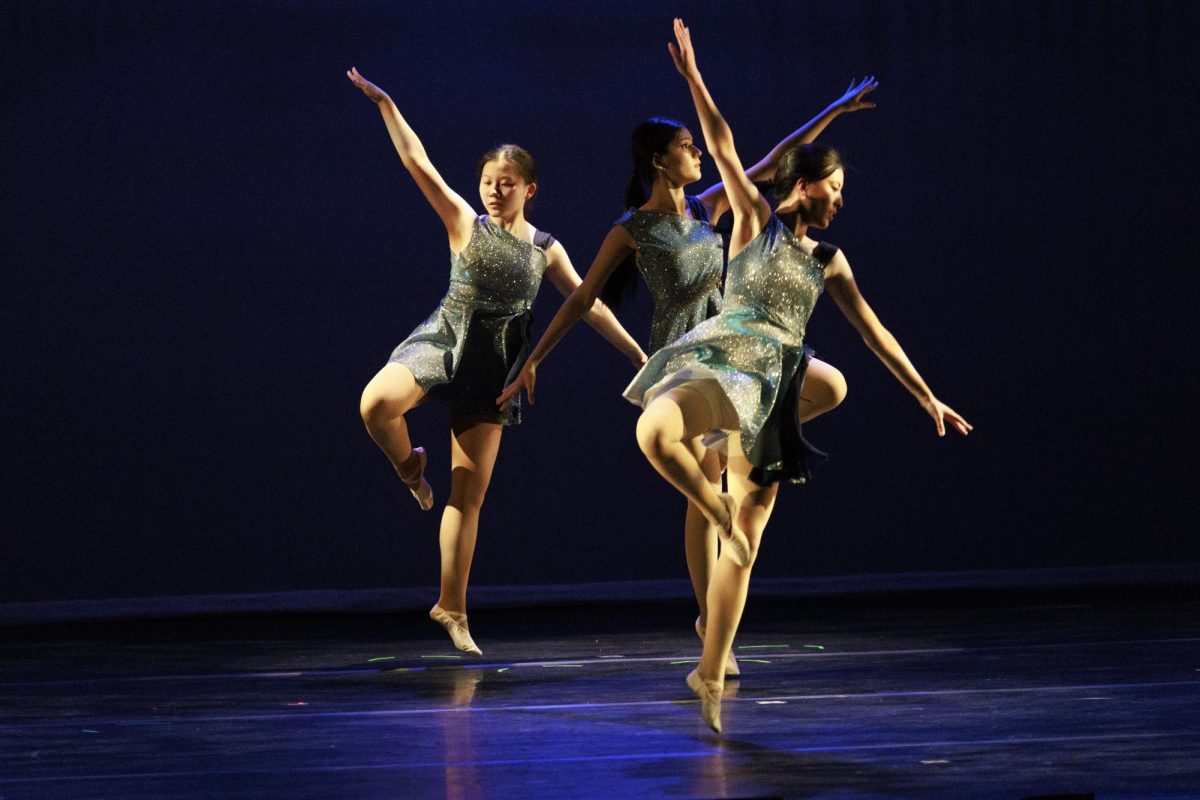Students had the privilege of meeting Tom Sanderson, warmly called the “James Bond of Think Tanks,” on April 12th. This was an opportunity to engage in powerful conversation, share their love of current affairs, and hear about international field work from a direct source.
Tom Sanderson is a consultant and expert in International Relations and geopolitical risk, having conducted field work in over eighty countries and currently serving as the founder and principal of Tom Sanderson Consulting, an organization of research analysts dedicated to providing field-based research and advisory services to its clients. With an MA in International Relations from the Fletcher School at Tufts University, he spent 4 years building nongovernmental organizations (NGOs) in Central Asia, Russia, and Ukraine. Subsequently, he dedicated 20 years of his career to counterterrorism research and analysis (DIA, CSIS) and 18 years to teaching at the National Security Agency. He has also been involved with geopolitical risk consulting lecturing.
At Kent, Mr. Sanderson has delivered almost annual speeches since 2015. With a Community Conversation held on the evening of Friday, April 11th, followed by two lectures and Q&A sessions hosted in Mattison Auditorium on Saturday, April 12th, students had plentiful opportunities to both soak in the knowledge Mr. Sanderson presented and share their own thoughts with him in smaller groups.
In the 8:30 am lecture, Mr. Sanderson discussed current geopolitical affairs, including the war between Russia and Ukraine, current negotiations (including participants such as Iran, North Korea, and China), and how the United States’ foreign policy has shifted in response to these dynamics. The 10:30 am lecture featured in-depth analysis of global friction, field work in conflict zones, challenges to the global order, President Trump’s attitudes towards US foreign affairs, corruption and crime forced upon marginalized groups, Israeli Palestinian conflict, and whether safe regulation of artificial intelligence is possible in a world of unprecedented growth of advancements (cybersecurity versus cyberwarfare). During the Q&A sessions directly after each lecture, students stayed back to ask Mr. Sanderson questions, ranging from the future of AI in international affairs to the Israel-Hamas conflict to what future careers in International Relations could look like.
Mr. Sanderson also elaborated on his field work in conflict zones and direct engagement with over 2,500 sources. In an ever-evolving field, where the rules seem to change every day with new movements, policies, laws, alliances, and wars emerging, many students were daunted by the inherently dynamic and sometimes dangerous nature of his work. What motivates Mr. Sanderson through the challenges that come with his job is the notion that he can make a difference by learning and informing audiences about what’s happening in these unstable areas. He explains, “In conflict zones, information is all the more difficult to verify and obtain, and so going to a conflict zone and doing so is very personally fulfilling, exciting, and intellectually interesting.” On a more individual level, he adds that his job has changed him as a person–“all for the better, with greater knowledge, greater understanding of both the good and bad in our world.” He explains, “It has made me more intelligent, a better person. I love being able to answer questions for people and discuss how to solve problems. It contributes to my personal growth and knowledge.”
A significant part of his job currently involves engaging with young minds, whether that means teaching at the Kyiv School of Economics in Ukraine this summer or speaking with high schoolers at Kent. To this end, he hopes that students walk away from his speeches with a greater incentive to push themselves out into the world, exploring new domains with open arms and minds. Having traveled abroad for the first time at the age of 24, he only wishes that he had been able to gain international exposure earlier. He encourages all students to travel, saying, “Get overseas. Be among and experience cultures that are different from yours, and understand the benefits and excitement of being in the International Relations field. I want students to know more about what’s happening in the world–that to me is most meaningful.”
Overall, Mr. Sanderson’s lectures teach listeners about the complex forces that will mold the future of the Earth over the span of months, years, and decades, melding statistics and research with the tangible field work and experiences he’s been met with face-to-face. His presentations not only share the knowledge he has acquired through his years of experience, but also emphasize how we can become a part of positive global change by being informed students, open-minded citizens, and kind human beings. He hopes that his presentations inspire listeners to seek out something greater, even if the experience leads them beyond the boundaries of the world they know.
Photographs of Tom Sanderson’s work throughout his career, including field work in various countries and high-profile testimonies and conferences (from left to right and top to bottom: Niger, Mali, Tajikistan, Afghanistan, testimony before Congress, MSNBC Morning Joe on Terrorism in Syria). Pictures provided by Tom Sanderson.




